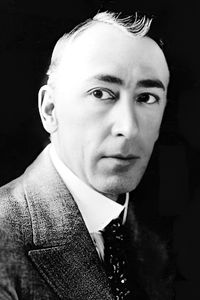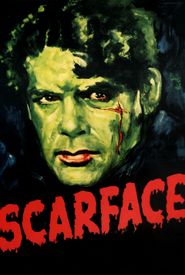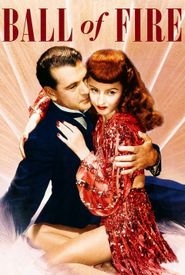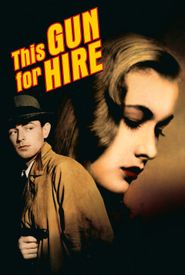Tully Marshall, a thespian of remarkable versatility, initially harbored aspirations to pursue a legal career, only to be redirected by a dramatic course at Santa Clara University. This transformative experience sparked a passion for the stage, leading him to begin his stage work in San Francisco in 1883.
As his talent and reputation grew, Marshall made the bold decision to relocate to New York in 1887, where he effortlessly transitioned to a successful career on Broadway and the road. His early foray into the world of cinema was marked by a series of small but significant roles, setting the stage for his eventual rise to prominence in the silent era.
One of Marshall's most iconic and enduring performances was that of the High Priest of Babylon in D.W. Griffith's masterpiece, Intolerance (1916). This role cemented his status as a leading man in the silent film era, and he went on to deliver a standout performance as an old frontiersman in the classic, The Covered Wagon (1923).
With the advent of sound, Marshall's career reached new heights, as he became a sought-after talent, working with nearly every major studio. His remarkable 60-year career in entertainment culminated with his final film appearance in Behind Prison Walls (1943).
Tragically, Marshall's life was cut short on March 10, 1943, bringing an end to a remarkable journey that had seen him evolve from a promising young actor to a beloved and respected veteran of the screen.





























































































